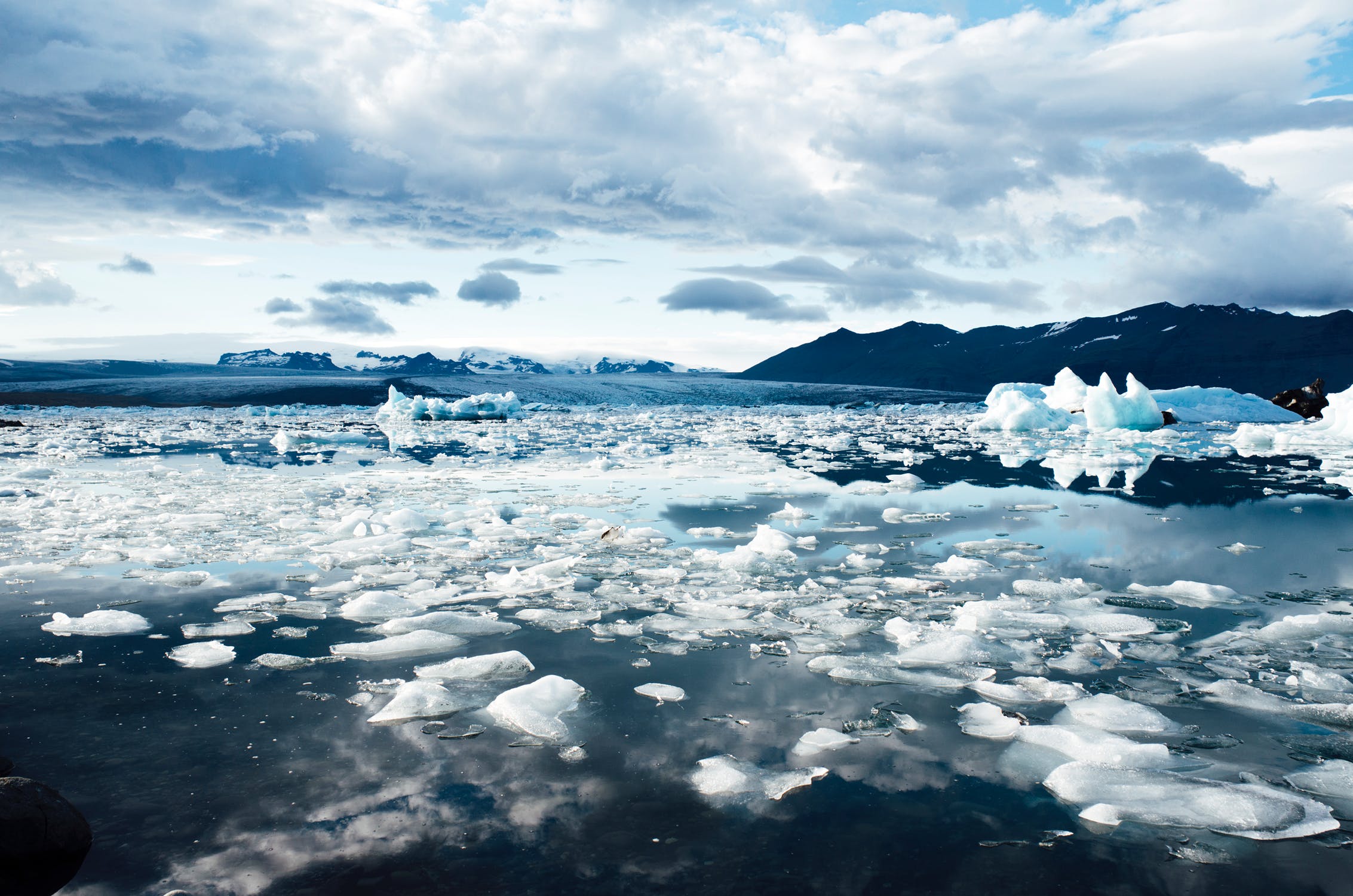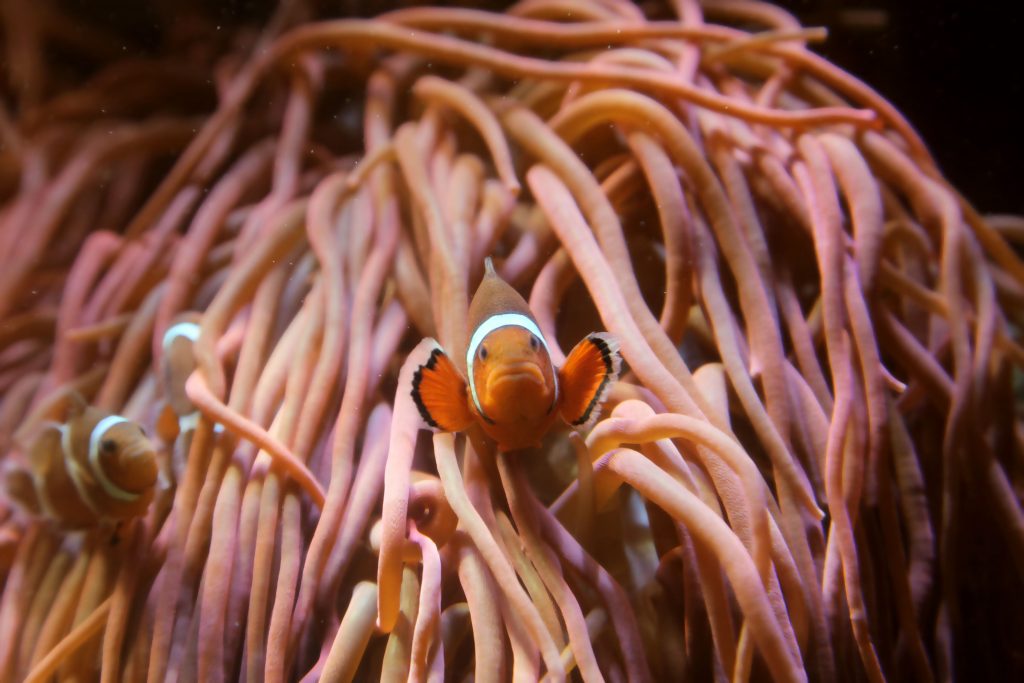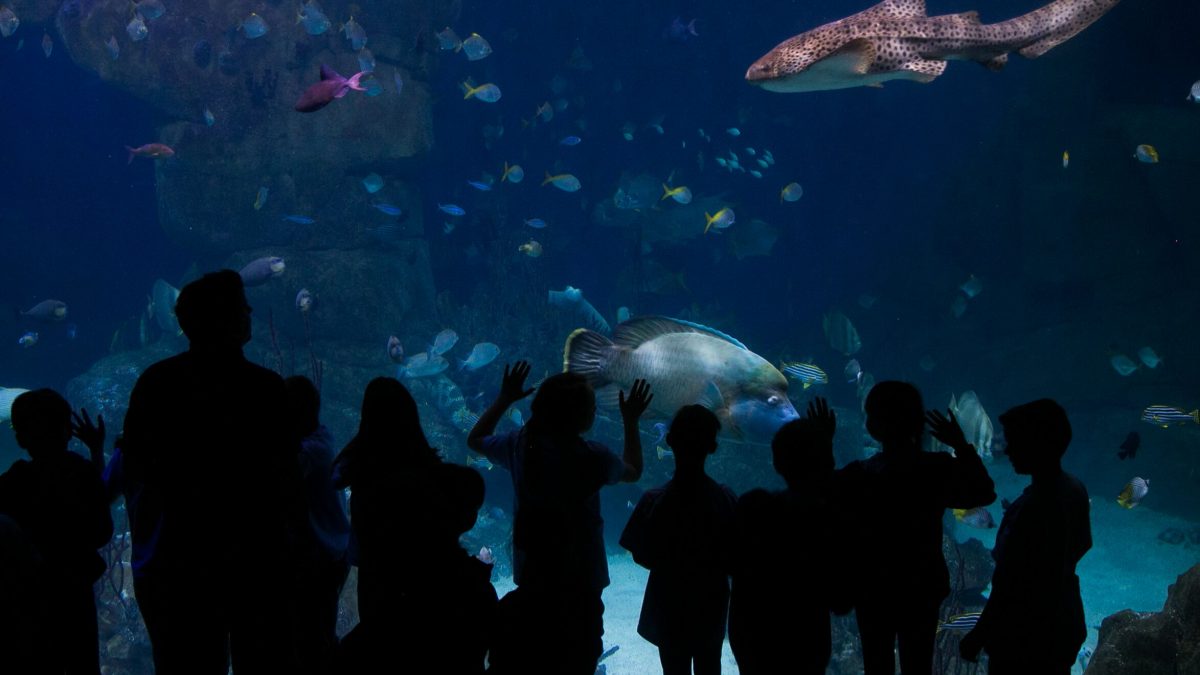World Oceans Day: How to do your bit for the Ocean here in Plymouth

Climate Change: How We’re Slowly Killing Our Planet
29th April 2019
Mental Health Awareness Week 2019
29th April 2019OM chats to Summer Snell, Public Engagement Host at the National Marine Aquarium and member of the World Oceans Day Youth Advisory Council for 2019.
On the 8th June scores of people from across the globe are set to come together in celebration of our Ocean, and thanks to Sir David Attenborough and his immensely popular Blue Planet II, this year it is expected to be a bigger and better occasion than ever before. 
Shining a spotlight on the plight of our Ocean and the marine life that resides within it, the documentary series has been instrumental in encouraging positive behaviour changes in the general public, and an article in The Metro just last week claimed that the consumption of single-use plastics had fallen by a whopping 53% as a result of the ‘Attenborough effect’.
With more people starting to become aware of the issues our Ocean faces, experts at the National Marine Aquarium – an Ocean conservation charity – are hoping that the impact will go beyond the reduction of plastic pollution alone.
“If you’re wondering just why you should care about the health of our Ocean, then how about this for starters? The Ocean sustains all life on earth and is responsible for the oxygen you take in from every second breath”, says Summer Snell, a Host at the NMA who is one of just two specially selected UK members of the World Oceans Day Youth Advisory Council for 2019.
“Most of us live our lives blissfully unaware of how our daily actions impact on the health of the Ocean, and how the Ocean, in turn, has an influence on our everyday lives.
“The Ocean is what makes the earth habitable and supports a great diversity of life and ecosystems, and it’s also a major influence on weather and climate.
“It is great that Plymouth – as Britain’s Ocean City – has been awarded Plastic Free Waterfront status, but there is still plenty more that we, as individuals, can be doing to protect our slice of the Ocean. There is only one Ocean, and what we do to it here has an impact that reaches much further than we can imagine. Small, positive actions all add up.”
Want to get involved with the action this World Oceans Day? Here are three ways you can.
CLEAN YOUR LOCAL BEACH
The National Marine Aquarium organises local beach cleans throughout the year to help keep our shores clean and free of litter and plastic pollution – and as well as getting members of the public involved, the staff often pop down to nearby Teat’s Hill to do a quick clean-up themselves.
“We love it when people come along to our NMA Beach Cleans, and always promote them beforehand on our website and social media channels.
“If you can’t make it to an organised event though, then don’t worry – you can still do your bit. Next time you’re down at the beach or near the water, just take a rubbish bag and a pair of gloves with you and pick up any litter you can see. It will only take you five minutes, but if we all did it then we could make a huge difference”
REDUCE YOUR CONSUMPTION OF SINGLE-USE PLASTICS
One study has found that discarded plastic waste could outweigh fish by 2050 if we don’t make changes soon.
Plastic breaks down over time and turns into little pieces that don’t go away. These small pieces of plastic are everywhere in the ocean and are being consumed by everything from the smallest plankton all the way up to the largest whales.
 There are lots of easy ways you can cut down your consumption of single-use plastics, from swapping supermarket carrier bags, water bottles and takeaway coffee cups for re-usable versions to investing in a zip-up fabric garment bag to take with you to the dry cleaners.
There are lots of easy ways you can cut down your consumption of single-use plastics, from swapping supermarket carrier bags, water bottles and takeaway coffee cups for re-usable versions to investing in a zip-up fabric garment bag to take with you to the dry cleaners.
“The important thing is not to get overwhelmed”, says Summer. “It can be disheartening, when you’re trying to cut down, to realise just how much plastic we inadvertently bring into our homes, much of this due to the options available to us in supermarkets.
“Going entirely plastic free is difficult but remember that every small change you make will add up to other people’s to make a big difference, and have a really positive impact on our Ocean.”
LEARN MORE ABOUT THE OCEAN
The NMA as an Ocean Conservation Charity has been working hard over its twenty-year history to connect people with our Ocean.
“The idea is that by educating people about the importance of our Ocean and inspiring them to interact with it – whether it’s getting them to spend time at the beach, go rock-pooling, snorkelling or diving, take a boat trip – we can inspire positive change – creating a healthier Ocean for the benefit and enjoyment of all”, says Summer.
“This World Oceans Day, we’ll be celebrating our Ocean in style, with lots of fun and educational activities planned. We hope that as many people as possible will come along to the NMA for the day and take the time to find a little bit more about the Ocean.”
To find out more, visit www.national-aquarium.co.uk




